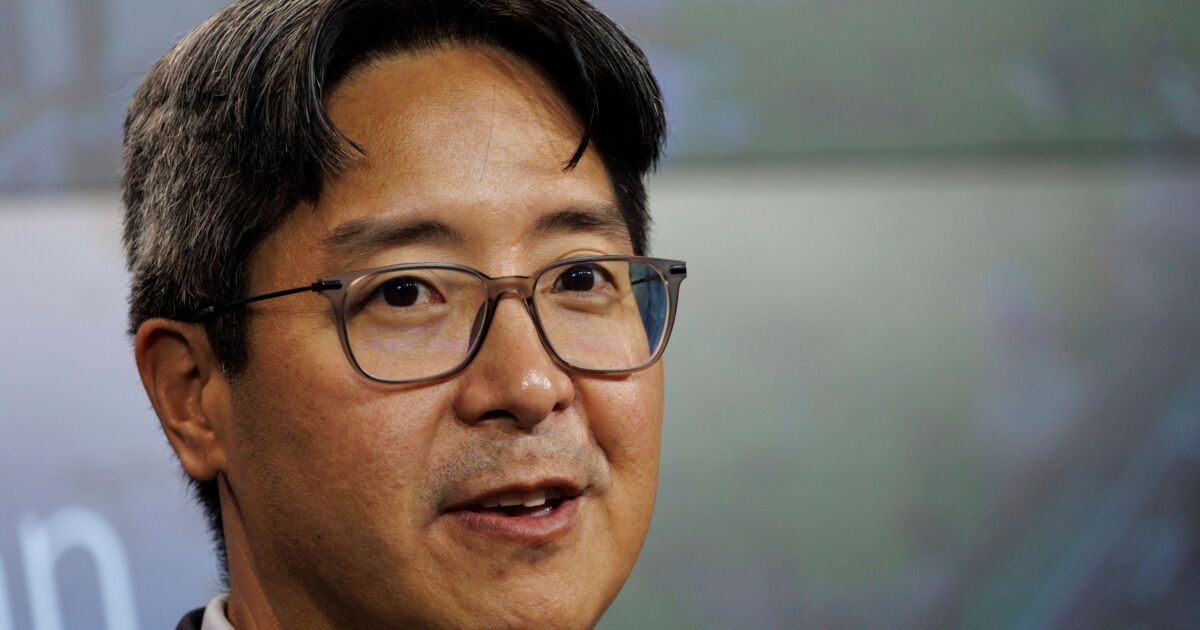Join Our Telegram channel to stay up to date on breaking news coverage
The cryptocurrency industry has had its fair share of problems and scandals throughout the years, but so far, 2022 was arguably one of the worst years in its history. The prolonged crypto winter led to the collapse of Terra blockchain in May, followed by the collapse of the FTX exchange in November. As a consequence, a massive number of other businesses have failed as well in response.
Addressing the Institute of International Bankers, the Comptroller of the Currency, Michael Hsu, spoke of these and other incidents, comparing them to the situation surrounding the Bank of Credit and Commerce International (BCCI) which fell in the 1990s. He noted that FTX and BCCI did not operate in the same countries, but one thing that they had in common was the lack of a home regulator.
Acting Comptroller of the Currency Michael J. Hsu discusses the failure of the Bank of Credit & Commerce International in 1991 that led to significant changes in how global banks are supervised & its similarities to the crypto exchange FTX. Learn more at https://t.co/HD1T3KHcss pic.twitter.com/7e45zgMbE6
— OCC (@USOCC) March 6, 2023
Hsu argued that “By seemingly being everywhere and structuring entities in multiple jurisdictions, they (FTX and BCCI) were effectively nowhere and were able to evade meaningful regulation.”
Acting Comptroller Discusses Trust in Global Banking, Lessons for Crypto https://t.co/qve09bgPsW
— OCC (@USOCC) March 6, 2023
Why is a single consolidated supervisor necessary?
While there are plenty of regulators willing to take on a portion of the crypto industry, their clash for jurisdiction over it is preventing them from being efficient in regulating it. Hsu stressed that no crypto platforms are subject to consolidated supervision. Of course, he pointed out that not all global crypto firms would go down the same path as FTX did, but there is a need for a credible third party to oversee the industry in order to prevent such incidents moving forward.
In other words, he insists that there is a need for a credible third party, such as a consolidated home country supervisor, who can meaningfully oversee the activities within the industry. As long as the crypto industry lacks such an entity, any crypto business is in danger of potentially heading down the same path as FTX.
This does not necessarily mean that they will, but they might, which can only result in a lack of trust in crypto businesses, which would further increase the chances of such incidents taking place.
The OCC itself is a US Treasury division that operates independently, and its purpose is to supervise the banks in the country. As for Hsu, he was appointed by the US Treasury Secretary Janet Yellen back in May 2021.
Over a year and a half later, in October 2022, he said that the US regulators were spending too much of their time focused on digital assets. Less than a month later, the FTX exchange collapsed, causing the OCC to join the SEC Chair Gary Gensler in the crypto crackdown that is still on-going.
Related
- OCC Wants Public Comments Before Setting Up U.S. Crypto Regulations
- New OCC Regulations Could Be a Double-Edged Sword for Crypto Sector
- US OCC And CFPB Butting Heads: Disagreement Over Fintech Charters
Best Wallet - Diversify Your Crypto Portfolio
- Easy to Use, Feature-Driven Crypto Wallet
- Get Early Access to Upcoming Token ICOs
- Multi-Chain, Multi-Wallet, Non-Custodial
- Now On App Store, Google Play
- Stake To Earn Native Token $BEST
- 250,000+ Monthly Active Users
Join Our Telegram channel to stay up to date on breaking news coverage


